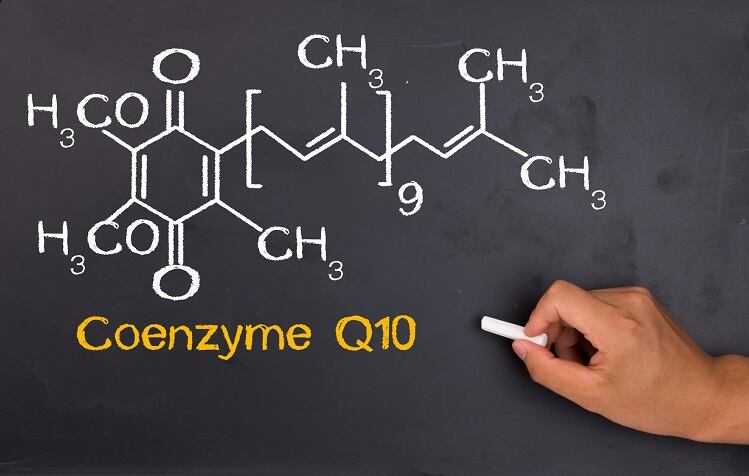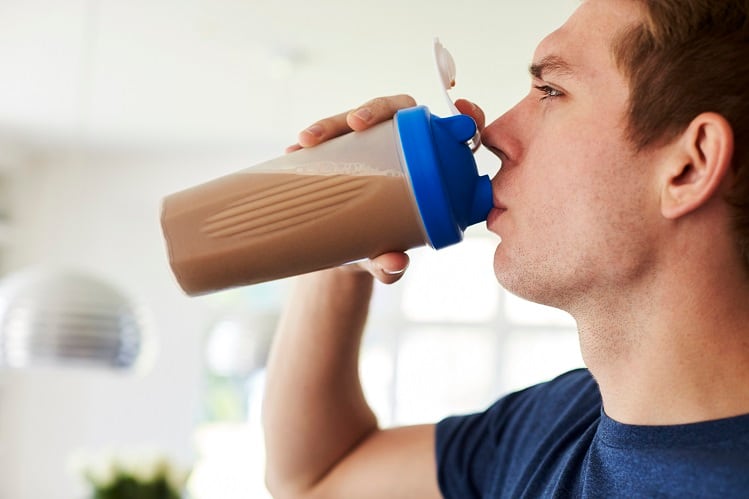Researchers from the University of Rome Tor Vergata in Italy and Consultmed Medical Center in Romania explored the concentration of CoQ10 in the blood after healthy study participants ingested the nutrient in a capsule designed using a technology branded by its developer as Miniactives.
Based on the results, the researchers concluded that administering low oral doses of CoQ10 using the novel technology, which times the ingredient’s release, may lead to higher human plasma levels of CoQ10, which in turn has been linked to increased intestinal absorption and sustained plasma concentrations over time.
In other words, developing CoQ10 capsules using this product may increase the ingredient’s antioxidant benefits in the body, though the researchers emphasized that the study was “exploratory” and that “further studies are needed in order to investigate the antioxidative effects of [this novel CoQ10 capsule] in patients.”
The studied product was called COQUN Coenzyme Q10 Miniactives Retard 100 mg capsules, manufactured by Visufarma SpA, which also funded the study.
Industry significance
CoQ10 supplementation has been linked to various health benefits in many studies, such as cardiovascular health.
But the body’s ability to absorb CoQ10 is an area of focus in the industry, as several studies have indicated that genetic variants in humans may affect how it is absorbed.
“Combination of appropriate formulations and dosages is a key factor to allow optimal absorption and achieve adequate blood concentration of CoQ10 to exert the expected clinical benefits,” the researchers wrote in their report, published this week in the journal Nutrients.
“The importance of achieving an optimal CoQ10 bioavailability is justified by the possible risk of exposing treated subjects to a lack of efficacy in the case of underdosing. On the other hand, too high concentrations can induce toxic effects or increase the rate of adverse events,” they added.
“The clinical evidence suggests that CoQ10 bioavailability can greatly vary not only after different daily doses or dose strategies, but especially to formulations used.”
Study details
Twenty-four healthy adults participated in the study. It was open-label, which means the participants and researchers knew which capsules the participants were ingesting.
All participants tested a single-dose of 100 mg technology of CoQ10 developed using the Miniactives in one day. Before ingesting the capsule, researchers measured blood CoQ10 levels. The researchers then measured the levels after ingestion at different hours during the day.
The following week, participants returned and were randomly assigned to a four-week period of continuous administration of CoQ10. One group took 100 mg after dinner, while another group took 100 mg after lunch.
“The primary objective was to evaluate the best dosage between 100 mg [after dinner] or 100 mg [after lunch] of the novel CoQ10 oral formulation in order to reach a level of plasma concentration which might assure its antioxidant effect if taken on a regular basis,” they wrote.
“The secondary objectives were to evaluate the safety and tolerability of both the single 100 mg oral dose and the multiple doses of 100 mg…during the one month daily dose phase.”
They found that the time-release Miniactives technology delivered CoQ10 consistently until it peaked at the fourth hour, after which no sharp decreases were observed.
These results were consistent whether participants took it as a single dose, or took it regularly at different times of the day, with no adverse effects, the researchers reported.
Source: Nutrients
Published online, doi:10.3390/nu11030527
“Bioavailability and Sustained Plasma Concentrations of CoQ10 in Healthy Volunteers by a Novel Oral Timed-Release Preparation”
Authors: Alessio Martucci, et al.




